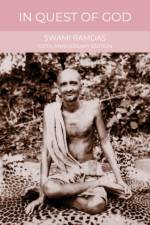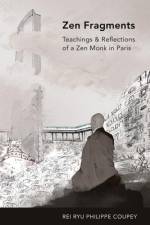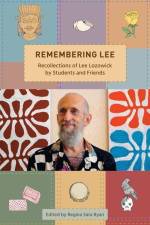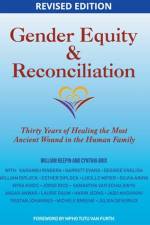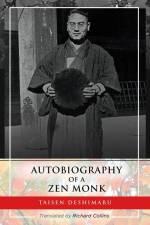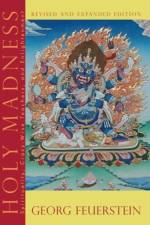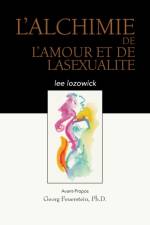- Teachings and Recollections of a Zen Monk in Paris
av Rei Ryu Philippe Coupey
387
Zen Fragments is a concise, lively presentation of the teachings of Reiryu Philippe Coupey, a Western Zen monk firmly rooted in the modern world. The book is based on 8 years of oral teachings given during zazen at the Paris dojo, Seine Zen, or in various retreats organized in France and Germany from 2003-2010. These teachings are supplemented by a series of essays written directly by the author and touching upon more personal and often poetic subjects, all of which enhance the core of the teaching he so brilliantly represents. Philippe Coupey is American born, but first encountered the practice of Zen Buddhism in France through the Japanese monk Taisen Deshimaru. Since 1972, the practice and transmission of Zen Buddhism has been his priority. Thanks to his dedication, we now have access to a demanding teaching derived from a thousand-year-old tradition, and yet totally adapted to our contemporary lives without the need to refer to psychology, vegetarianism and other newly adapted Zen subjects. This teaching is relevant to humanity today becausebeyond frontiers, social, ethnic and religious differences, and the gaps we imagine between our inner life and our social dutiesit urges us to rediscover the essential within ourselves, so that we can approach the world with a continually fresh mind, embracing opposites. And so, beyond the words that make up this book, Philippe Coupey constantly suggests that, as is true within the most ancient traditions, we experience this new spirit for ourselves. The underlying message here is not to cling to the extremesleft/right, good/bad, love/hate, etc.which only leads to the separation of one thing from another, and is the origin of many of society's biggest problems today. Frankness of style distinguishes Philippe Coupey's (and Deshimaru's) writing from that of many American Zen writers: for example, those in the Suzuki and Maezumi lineages. Like Deshimaru before him, Coupey has never tried to soften the impact of his words, finding the raw, unreserved approach more in keeping with the ancient masters. Having practiced with his master Taisen Deshimaru until his death in 1982, Philippe has continued to transmit his teaching since that time, in France, Germany and elsewhere in Europe. He is a member and officer of the International Zen Association (AZI), founded by Master Taisen Deshimaru, and is Master in the Sangha sans Demeure, Seine Zen, which together number 400-500 persons.

